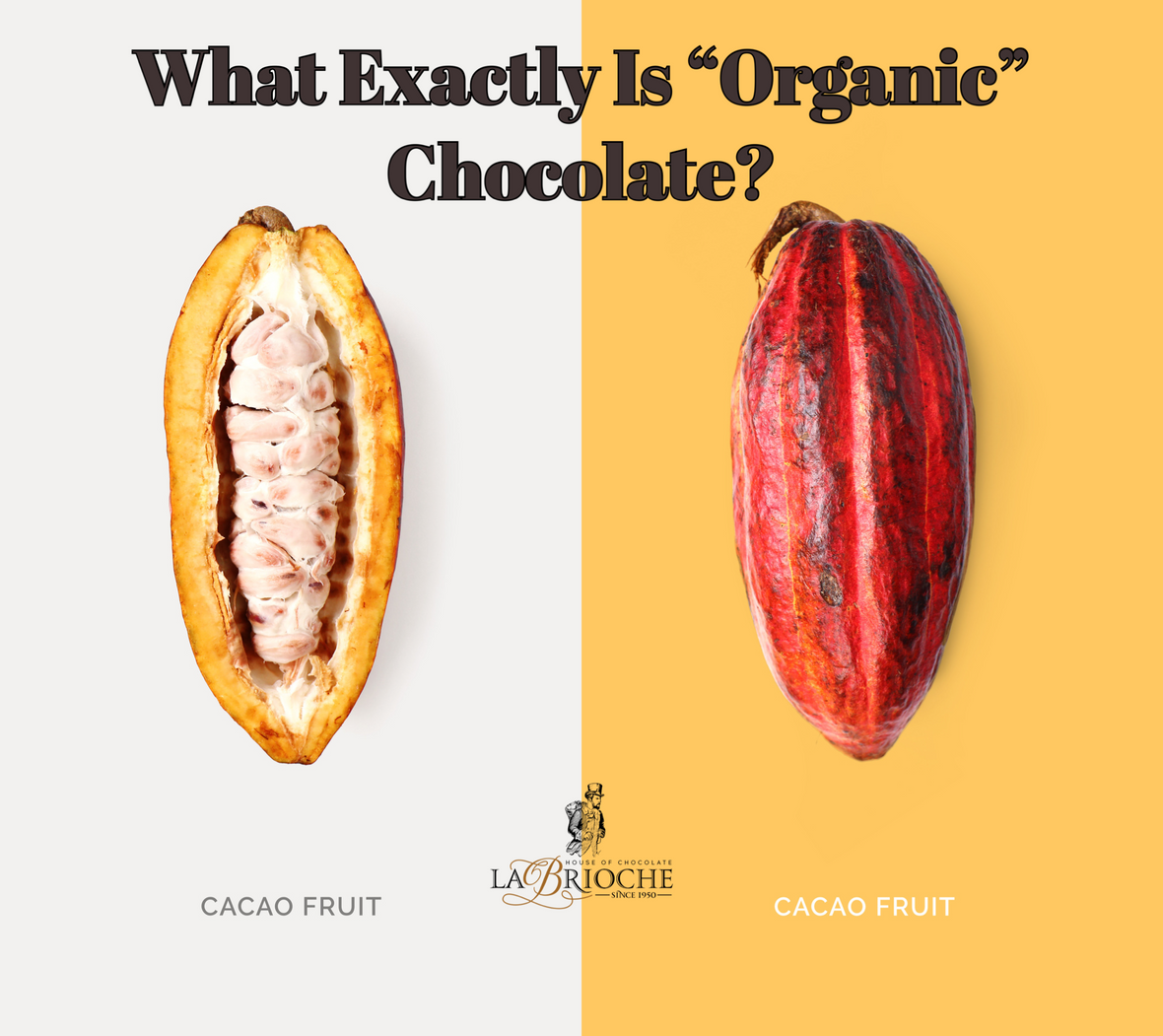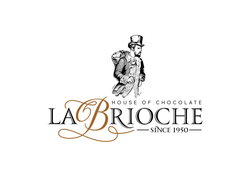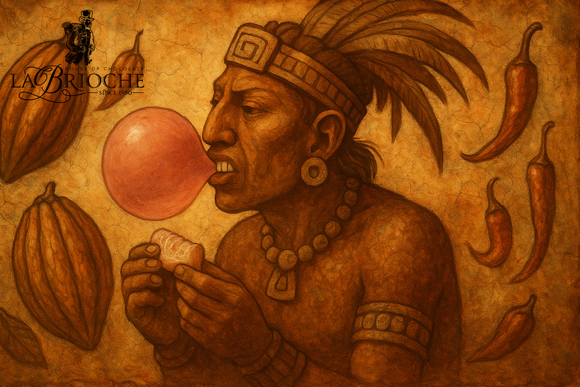
What Exactly Is “Organic” Chocolate?
Omar Adnan Jabri
"Organic" chocolate refers to chocolate that is made from cacao beans that have been grown and processed using organic farming methods, without the use of synthetic chemicals such as pesticides, herbicides, or fertilizers. Organic chocolate is produced in accordance with organic agricultural standards, which prioritize environmentally sustainable practices, biodiversity conservation, and the use of natural resources in a responsible manner.
In the case of cacao beans used for chocolate production, organic farming practices typically involve:
-
Soil fertility management: Organic farmers use natural methods, such as composting, cover cropping, and crop rotation, to maintain and improve soil fertility, without relying on synthetic fertilizers.
-
Pest and disease management: Organic farmers use natural methods, such as biological controls, cultural practices, and botanical extracts, to manage pests and diseases without using synthetic chemicals.
-
Biodiversity conservation: Organic farming emphasizes the preservation of biodiversity, including the use of native plant species, the protection of natural habitats, and the promotion of agroecosystem diversity to enhance natural pest control and pollination.
-
Prohibition of genetically modified organisms (GMOs): Organic chocolate does not contain genetically modified organisms, as the use of genetically engineered crops is prohibited in organic agriculture.
-
Environmental sustainability: Organic chocolate production aims to minimize the negative impact on the environment by reducing soil erosion, conserving water resources, and promoting sustainable waste management practices.
Certification bodies, such as the USDA National Organic Program (NOP) in the United States or the European Union Organic Regulation in Europe, set the standards and regulations for organic certification, including for organic chocolate. Chocolate products that carry an "organic" label must meet these strict standards and be certified by an accredited certification body.
Consumers who choose organic chocolate often do so because they value environmentally-friendly and sustainable farming practices, as well as the potential health benefits of consuming products that are free from synthetic chemicals. However, it's important to note that while organic chocolate is produced without synthetic chemicals, it does not necessarily guarantee better taste or quality compared to non-organic chocolate. The taste and quality of chocolate depend on various factors, including the cacao bean variety, fermentation, and processing methods, as well as the skills of the chocolate maker.



